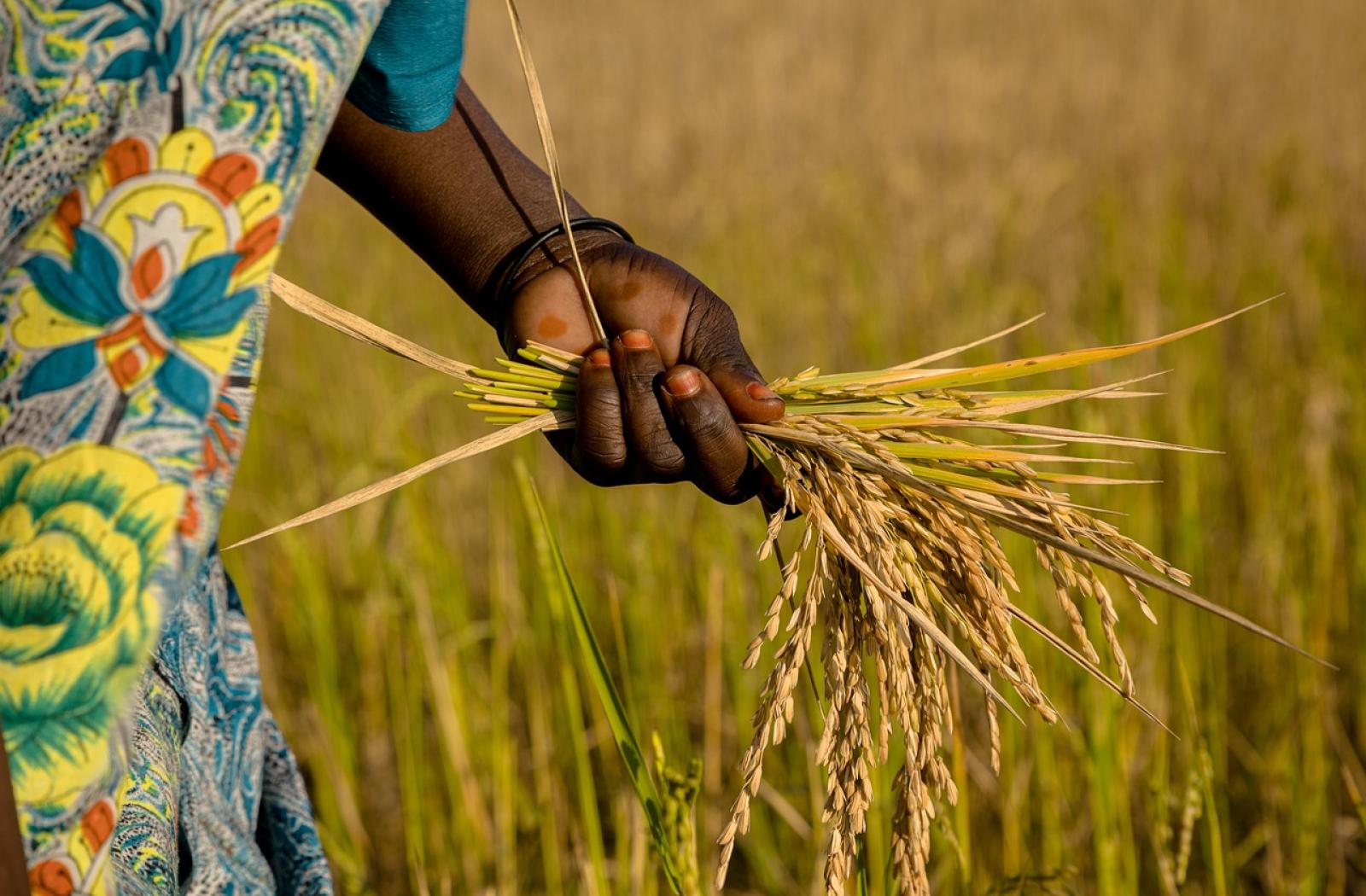
The European Union’s Common Agricultural Policy (CAP) has a significant impact on African agriculture due to the EU’s status as a major trading partner and donor for many African countries. The latest CAP reform for 2023-27 presents both opportunities and challenges for African farmers, who need to navigate this complex and evolving policy landscape to ensure their interests and concerns are addressed. In this article, we will explore the key aspects of the CAP and how it affects African agriculture, as well as the opportunities and challenges it presents for African farmers.
The CAP is a set of rules and funding that supports EU farmers and food security, but it also affects the global food system through trade and development policies. The CAP has undergone several reforms over the years, and the latest one for 2023-27 aims to make it more sustainable, fair, and performance-based. One of the main features of the CAP 2023-27 is the introduction of national strategic plans that give EU countries more flexibility to adapt their measures to local conditions and priorities. This could lead to more targeted support for rural development and cooperation projects that benefit African farmers, as well as more market access and preferential trade agreements for certain products.
However, the CAP 2023-27 also poses some challenges and risks for African farmers. Firstly, more competition and pressure on prices from EU exports could harm local production and livelihoods. Secondly, more environmental and social standards and requirements for accessing the EU market could pose a barrier to entry for African farmers who may struggle to meet these standards. Thirdly, the diversity of national CAP strategic plans could lead to more uncertainty and complexity for African farmers who need to navigate different rules and procedures in different EU countries.
Therefore, African farmers need to engage with European policymakers and stakeholders to ensure that their voices are heard and their interests are taken into account. They also need to strengthen their capacities and networks to take advantage of the opportunities that the CAP 2023-27 presents, such as through partnerships, value chain development, and sustainable agriculture practices. Finally, monitoring and evaluation of the CAP’s impacts on African agriculture are crucial to ensure that the policy is implemented in a fair and equitable manner that benefits all stakeholders.
The EU’s Common Agricultural Policy has a significant impact on African agriculture, but it also presents opportunities and challenges for African farmers. By navigating this complex policy landscape, African farmers can leverage the benefits of the CAP 2023-27 while mitigating its risks and challenges. Engaging with European policymakers and stakeholders, strengthening their capacities and networks, and adopting sustainable agriculture practices are key strategies for African farmers to ensure that they can benefit from the CAP and contribute to a more equitable and sustainable global food system.


















